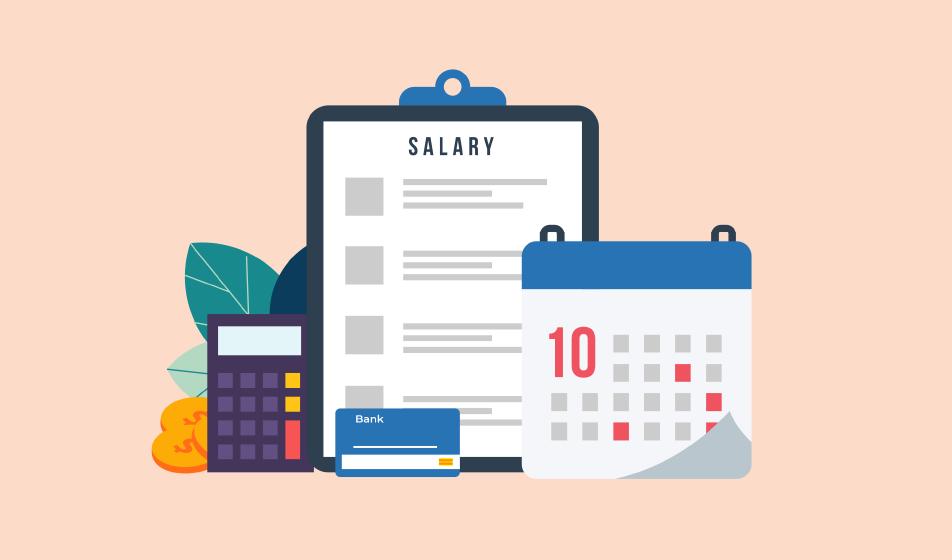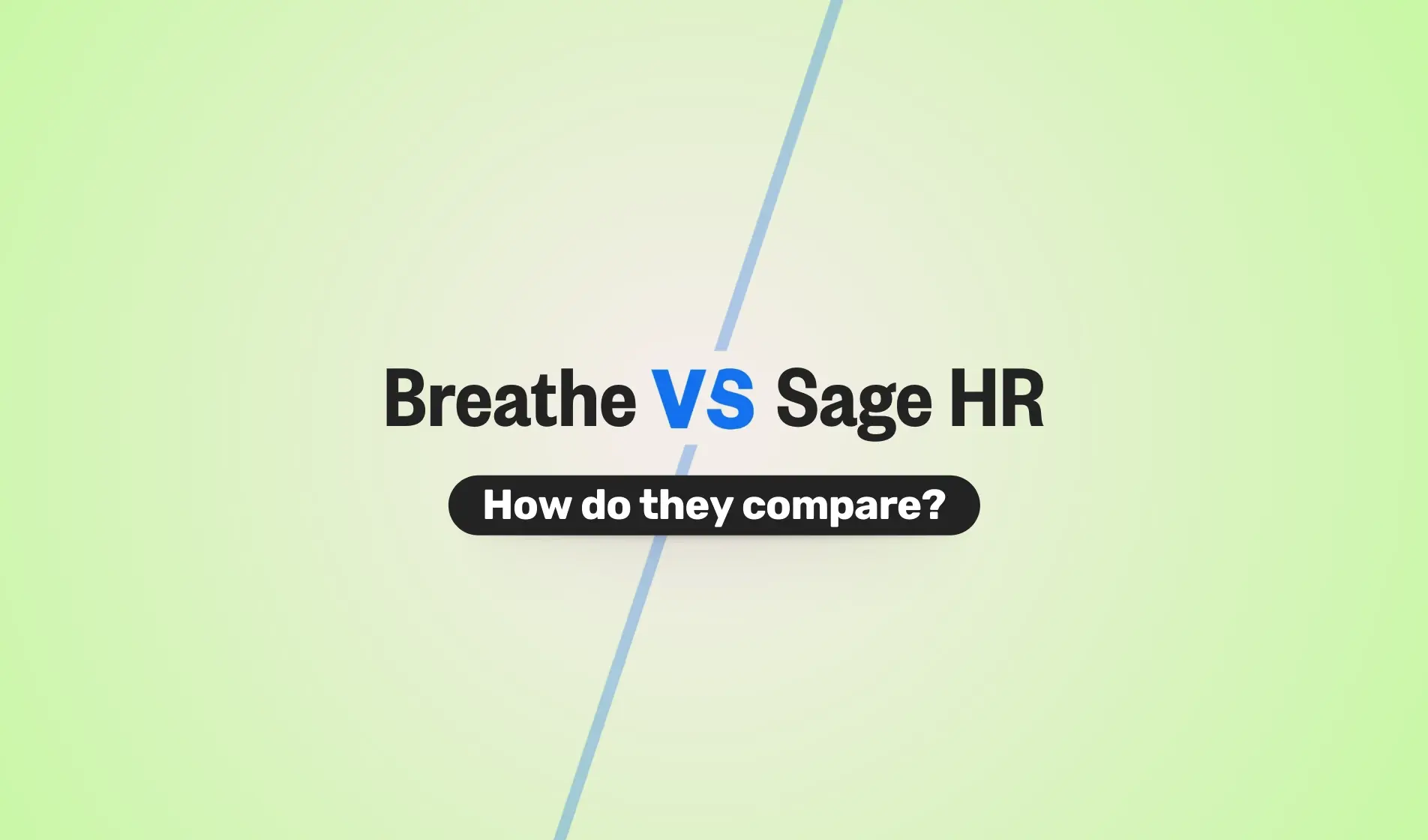Everyone's familiar with the concept of the work social event.
From Christmas parties to BBQs or bowling, it's good to strengthen team bonds & working relationships by spending time together outside of work. Plus, it's a good boost for your organisational culture, too.
However, if a staff member were to seriously misbehave, in the worst-case scenario, you'd want your SME to be covered against legal action. It's also important to have something in place that would allow you to take any necessary disciplinary action, should the circumstances require this.
As part of your company policy library, you may already have policies that reflect the world we live in, covering things like the use of social media or the use of personal mobile devices at work. But if you haven’t considered writing a policy about social events, then it’s probably time you did.
Why is a work social events policy important?
Simply put, any 'misbehaviour' or actions that aren't in keeping with your company or brand reflect badly on the company. Others will form an opinion of your business based on how your employees behave. If your staff aren't conducting themselves appropriately in public, then it really doesn’t look good on your organisation.
It’s up to you to decide where you draw the line in terms of conduct. You may be happy to give your employees free rein, but unless they know precisely what they can and can’t do, then you can’t expect them to conform. Having a policy covering work social events shows that your business will operate consistently and shows that employees will all be treated the same, in the event of an issue.
What is vicarious liability?
Vicarious liability in UK law means that employers can be held legally responsible for actions or wrongdoing of their employees.
You may not realise that a company can be held vicariously liable for its employees’ actions in the course of their employment.
Legal cases (including this Court of Appeal ruling) have been found to determine that social events can be considered as being a part of employment, and that employers (or in some cases, individuals) can be found liable for misconduct or even criminality.
Even a leaving party can be seen as an extension of employment, and so any bad behaviour on the part of the employee can lead to vicarious liability on the employer.
Having a policy covering social events shows that your company has taken reasonable steps to ensure that your employees behave well. As a business, this offers you a defence in any case where an employee potentially acts criminally and where you, as their employer, could be deemed vicariously liable for their behaviour.
How to create a social events policy
Within a social events policy, you can detail what events are included, what behaviour you deem to be unacceptable and what the consequences would be (including any disciplinary action).
What events should be included?
Typically, you should cover any work-related events where a staff member is representing the company. Business lunches and meetings, office parties, training courses, conferences, business trips, and incentive trips would typically all be included.
What behaviour is unacceptable?
Whilst the definition of poor conduct is ultimately down to the organisation, you could consider covering the following:
-
Moderate drinking of alcohol may be acceptable, but perhaps excessive consumption will not be encouraged, nor tolerated.
-
Use of illegal drugs. It's widely common for drug-taking to be prohibited, or for employees to be under the influence at any time.
-
Swearing and lewd language is often deemed unacceptable.
-
Fighting, aggressive or violent behaviour. It’s a given that you would not want this sort of behaviour at a work social event.
-
Adherence to all the company’s other policies. You should clearly state that in taking part in work social events, employees need to also adhere to the company’s other policies, such as those covering workplace harassment and bullying,
-
Criminal behaviour. Many social event policies will state that employees should not engage in any illegal behaviour, and in particular, because lots of social events involve alcohol, you may want to specifically mention that drinking and driving is not permitted.
-
Confidential corporate information. Mentioning that staff should not disclose confidential corporate information is particularly relevant if your staff are expected to attend industry social events where competitors may be present.
-
Any other behaviour. Don’t forget to include a section stating that the company will not tolerate any other behaviour that it deems could potentially bring its brand or name into disrepute.
-
Finally, you may want to include in your policy some wording about what is expected after work social events. For example, that you expect staff to arrive for work on time, to be capable of still performing their duties (e.g. not hungover) and to not take leave unless previously agreed.
What action should be taken in the event of a policy breach?
It is likely that you will want for any behaviour that breaches your code to result in disciplinary action. So make sure to include this and to state that any breaches will trigger your company’s disciplinary and/or grievance procedure.
Creating a social events policy is vital for protecting your company, as well ensuring that your team has a safe, enjoyable time.
Store your HR policies within Breathe's document management software - why not trial for free for 14 days?

Author: Aimée Brougham-Chandler
An IDM-certified Digital Copywriter (2023) & English Language & Literature graduate (BA Hons), Aimée is Breathe's Content Assistant. With 3 years' content marketing experience, Aimée has a passion for writing - and providing SME HR teams with solutions to their problems. She enjoys delving into & demystifying all things HR: from employee performance to health and wellbeing, leave to company culture & much more.




